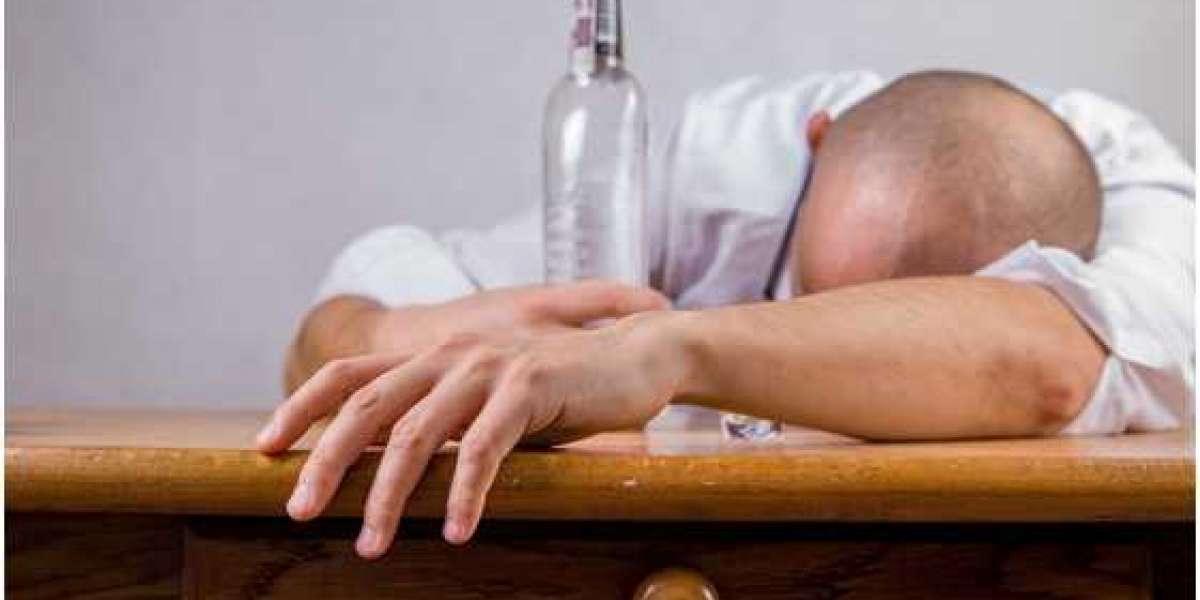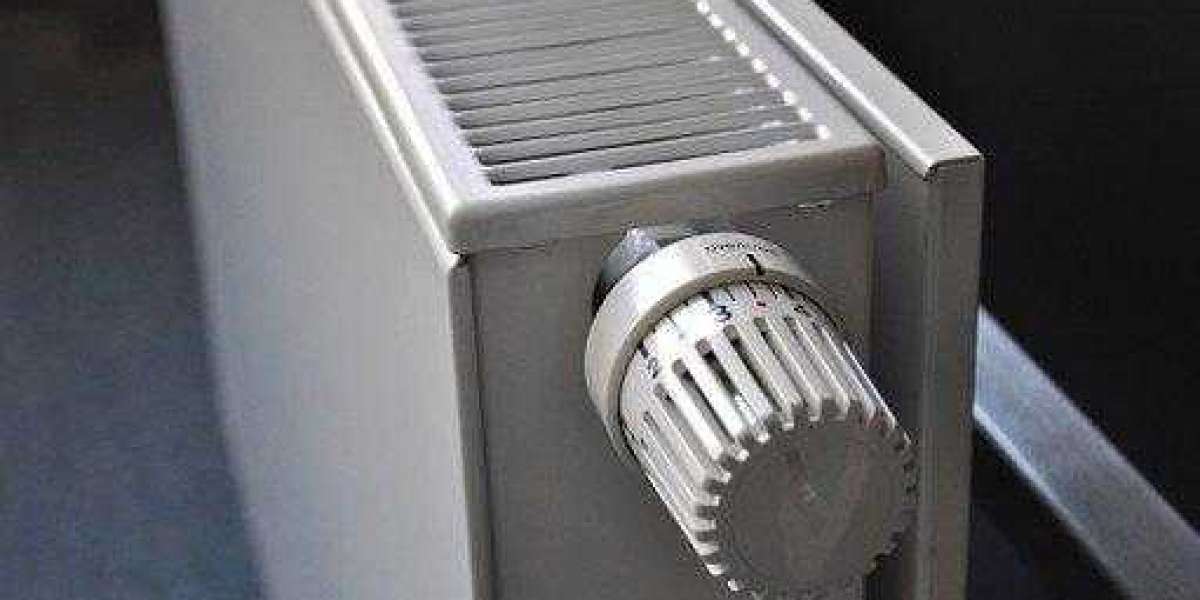Written By - Humanawellness
If you or a loved one is struggling with drug and alcohol addiction, seeking help through a rehabilitation center can be life-changing. However, the decision to join such a facility can be daunting for those who are unsure of what to expect. From detoxification processes to aftercare options and payment plans, there are several factors that need consideration before making the commitment. In this blog post, we will guide you through everything you need to know before joining a drug and alcohol rehabilitation center so that you can make an informed decision towards your path of recovery in Alcohol Rehabilitation centre in Gurgaon.
What to expect during detoxification
Detoxification is the first step towards recovery from drug and alcohol addiction. It involves flushing out toxins from your body, which can lead to physical and psychological withdrawal symptoms.
During detoxification, you will be under close medical supervision to ensure that the process is as safe and comfortable as possible. You may receive medication to help manage withdrawal symptoms such as nausea, headaches or insomnia.
It's important to note that detoxification is not a quick fix for addiction. The process can take several days or even weeks depending on the severity of your condition.
Detoxing from drugs or alcohol can be uncomfortable but it's crucial for long-term recovery success. Some people experience intense cravings during this period while others may feel depressed or anxious.
It's essential that you communicate with your healthcare provider during detox in order to address any concerns or issues that arise along the way.
Undergoing detoxification is an essential step towards overcoming addiction. It helps set a solid foundation for further treatment by providing a clean slate so that individuals can begin addressing underlying issues related to substance abuse without being hindered by physical dependence on drugs or alcohol.
Withdrawal symptoms
Withdrawal symptoms are one of the most challenging aspects of drug and alcohol rehabilitation. These symptoms can range from mild to severe depending on the level of addiction and substance abuse. It's important to note that withdrawal symptoms will vary depending on the type of substance being abused.
Common physical withdrawal symptoms include headaches, nausea, vomiting, muscle tremors or spasms, sweating, fever or chills, increased heart rate and blood pressure, insomnia and fatigue. Patients may also experience emotional withdrawal symptoms such as anxiety, depression or irritability.
In some cases, patients may suffer from life-threatening medical complications such as seizures or delirium tremens (DTs), a rare but serious condition that affects chronic alcoholics during detoxification. This is why it's critical for patients to undergo detoxification under medical supervision in a professional facility.
Professional rehab centers offer medication-assisted treatment (MAT) to help manage withdrawal symptoms effectively. MAT involves using medication along with therapy sessions to alleviate cravings and reduce discomfort during recovery.
It's essential for those seeking rehab services to understand that recovery isn't easy – it takes courage and perseverance to achieve long-term sobriety. However, with proper care at a reputable center offering individualized programs tailored towards specific needs combined with family support systems can make all the difference in achieving lasting success.
Types of rehabilitation programs
There are several types of rehabilitation programs available for those seeking treatment for drug and alcohol addiction. The type of program that is best suited to an individual depends on various factors such as the severity of their addiction, personal preferences, and previous attempts at recovery.
Inpatient or residential treatment programs provide around-the-clock care in a safe and supportive environment. Patients live onsite for a set period while receiving intensive therapy, medication management, and support from medical professionals.
Outpatient programs offer similar services but allow patients to continue living at home while attending scheduled therapy sessions throughout the week. This option may be more suitable for individuals with less severe addictions who have responsibilities they cannot leave behind.
Partial hospitalization programs (PHP) provide a structured treatment plan during the day with the flexibility to return home in the evening. PHPs offer comprehensive support through group therapy sessions, individual counseling, medication management, and relapse prevention education.
Ultimately it is important to choose a program that aligns with your needs and goals for recovery. A professional evaluation can help determine which option will work best based on your unique circumstances.
Aftercare options
After completing a drug and alcohol rehabilitation program, it is important to remember that recovery is an ongoing process. Aftercare options can help individuals maintain their sobriety and continue on the path towards a healthy life.
One aftercare option is continuing therapy with the same counselor or therapist who provided treatment during rehab. This allows for consistency in care and helps individuals work through any lingering issues or triggers that may arise.
Support groups such as Alcoholics Anonymous (AA) or Narcotics Anonymous (NA) are also popular aftercare options. These groups provide a supportive community of individuals who have gone through similar struggles and understand the challenges of maintaining sobriety.
Another option is sober living homes, which offer a safe and structured environment for those in early recovery. These homes typically require residents to attend support group meetings and adhere to strict rules, such as curfews and random drug tests.
It's important for individuals to consider their specific needs when choosing an aftercare option. What works for one person may not work for another, so it's essential to explore different options until you find what works best for you.
How to pay for rehabilitation services
Finding the right rehabilitation center for addiction treatment is a critical step towards achieving sobriety. However, it can be challenging to figure out how to pay for these services, especially if you don't have insurance coverage or if your policy doesn't cover such treatments.
One option is to check whether the rehab facility offers financial assistance programs or scholarships. Some facilities may also offer sliding scales based on income levels, which can make treatment more affordable.
Another option is to consider taking out a personal loan or using credit cards as a means of financing your stay at rehab. While this may seem daunting, it's essential to weigh the costs and benefits carefully before committing.
Many employers provide Employee Assistance Programs (EAP) that offer confidential counseling services and support groups for employees struggling with substance abuse issues. These services are usually free of charge and can help you get started on your journey towards recovery.
Remember that seeking professional help for addiction should never be put off due to financial constraints; there are always options available regardless of your situation. It's crucial to prioritize your health and well-being above all else when making decisions about addiction treatment so that you can achieve long-term success in recovery.
Conclusion
Joining a drug and alcohol rehabilitation center is a big step towards recovery. It takes courage to admit that you need help, and seeking it out can be life-changing. However, before making such an important decision, you should do your research and know what to expect.
During detoxification, withdrawal symptoms may occur but medical professionals will provide the necessary care to ease discomfort. Rehabilitation programs vary in type and duration, so choose one that suits your needs best. Aftercare options are also available for continued support after leaving the facility.
Paying for rehabilitation services can be expensive but there are resources available such as insurance coverage or financial assistance programs.
Remember that everyone's journey towards recovery is unique and there is no shame in asking for help. Take the first step towards improving your mental health by reaching out today.
Google Map - https://goo.gl/maps/p3RkGpTafdQ7dCh78





